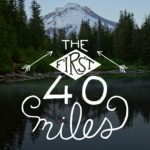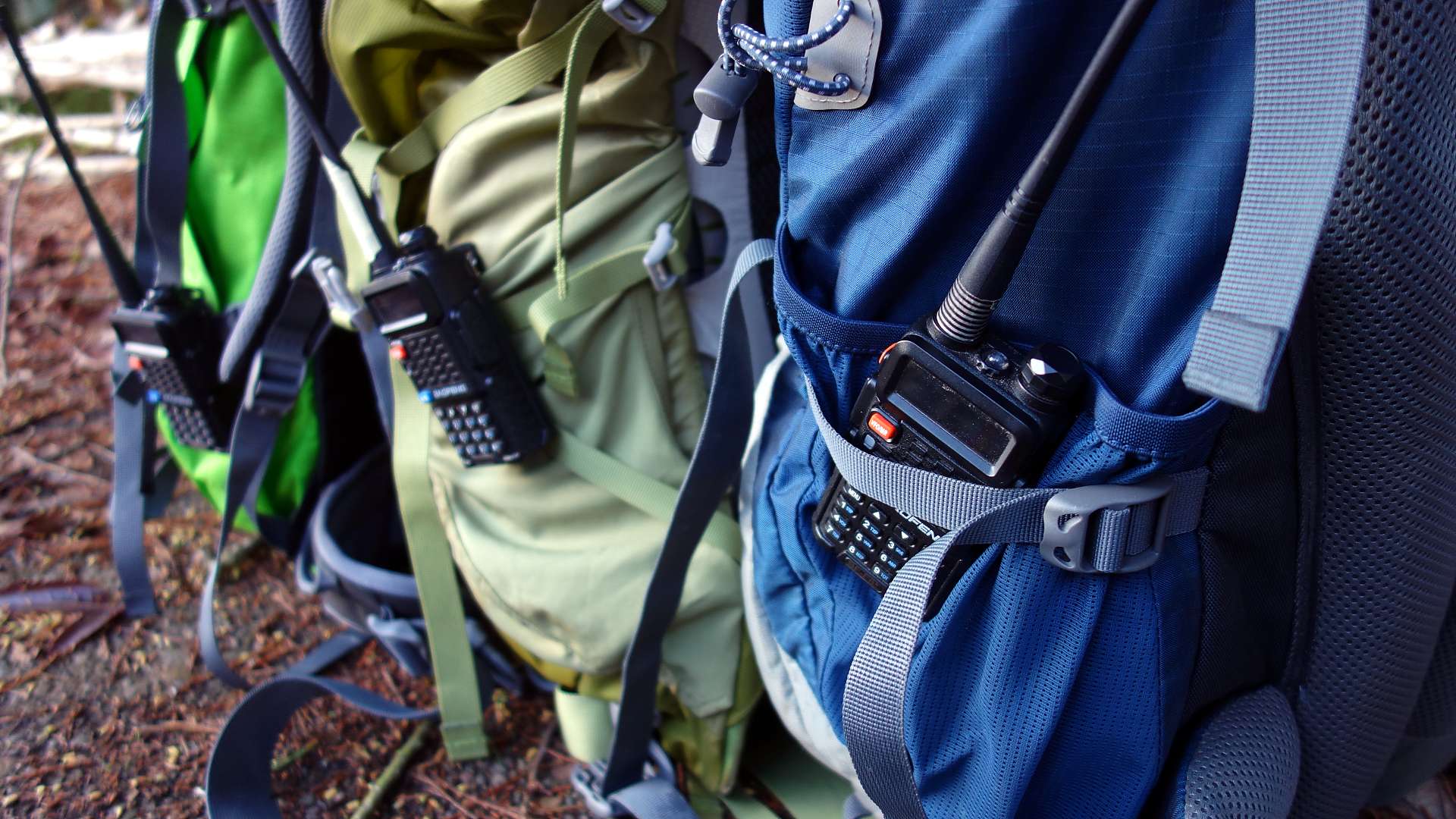Podcast: Download (Duration: 34:41 — 32.7MB)
Show Notes: Episode 174
Today on the First 40 Miles, have you ever thought about how your skills as a backpacker can be a huge benefit to yourself and others during a natural disaster? Today we’ll share a story from a listener who experienced the devastation in Puerto Rico. Then, we’ll share a survival hack that will turn your empty pack into something that everyone should have—just in case.
Opening
- Disasters coming our way
- Community Preparedness Fairs
- Are backpacking and emergency preparedness related?
- What are you doing to be prepared? What can you do? What’s the first step if you have nothing?
- You may be more prepared than you think…
Top 5 Ways That Being a Backpacker Can Help You During a Natural Disaster
You have developed skills to be independent, self-sufficient, forward thinking, problem solving
- It’s a backpacker’s mindset to be self-reliant.
- It’s that idea that “I’m in charge of my response, and I’m going to figure this problem out.”
- Plus, as a backpacker, not only are you going to be a problem solver—you’re going to be a pre-problem-solver and ask those “What if?” questions, and find answers.
- Because of who you are as a backpacker, you’ll be better prepared for disasters.
You are “at home” anywhere
- American Red Cross shelters can be a huge blessing during a natural disaster, but at some point during the disaster, you may want to weigh the cost and venture beyond the shelter once it’s safe.
- During disasters, the shelters may fill beyond capacity, there is little privacy, resources drain quickly
- It’s also empowering to know that you have the physical ability to evacuate the area by foot, if need be. This is an extreme case, but it’s still an empowering thought.
- A person who can take what they need and travel 10-20 miles
- You’re “at home” indoors or outdoors
Less dependent on public services and utilities
- Utilities go out
- No water, no electricity, no natural gas, no Wifi, no cellular network, no garbage pick up
- How is that any different than backpacking?
- You’ll be used to some of the inconveniences, discomforts that come with disasters
You can help neighbors
- “I can’t do everything, but I can do something”
- When you are self-sufficient, it puts you in an incredibly humbling position where you can help those who cannot help themselves.
- Widows, families with young children, those who have lost hope, those who can’t figure out what to do next. Because you’re prepared, you can help
- EMS during a crisis or natural disaster
Backpackers have the basic three: resources, skills, experience
- We talked about the 5 basic tools of outdoor survival a few weeks ago, cut, cup, cordage, cover and combustion.
- But if you want to boil it down further. You need three basic things to survive.
- Resources, Skills, and Experience
- Which one could you improve on? Where are you lacking?
FEMA’s mission is “to support our citizens and first responders to ensure that as a Nation we work together to build, sustain, and improve our capability to prepare for, protect against, respond to, recover from, and mitigate all hazards.” (We have a huge role in disaster response, relief, and recovery)
Listener Audio: Emanuel Bravo Ramos
A backpacker’s perspective on disaster relief in Puerto Rico after Hurricane Maria
Backpack Hack of the Week™: Using Your Backpack as a 72 Hour Kit
- “Contains water, food, clothing, shelter, supplies for sanitation, medical supplies, contact information, identification and other vital documents, aids to mobility & navigation, and comfort items. It is packaged in a backpack or other carry-able container.
- “It is assembled in advance, and kept in a safe but convenient location in the home or automobile where it can be grabbed on short notice under essentially all scenarios.
- “In a major disaster, such as a flood, earthquake or hurricane, it typically takes three days (= 72 hours) for rescuers to locate all the people who need help, and begin to get that help to them. During this critical time, and until that help arrives, the individual must sustain himself and his family by his own resources. Three days is, of course, only a rule of thumb, and good preparations would sustain a person much longer if they had to, which is sometimes necessary.”
- Keep 72-hour kit items in a large garbage bag that you keep in your pack. Remove entire bag when you’re ready to go backpacking.
- https://www.ready.gov/build-a-kit
Trail Wisdom
“I often think that the night is more alive and more richly colored than the day.”
—Vincent van Gogh

